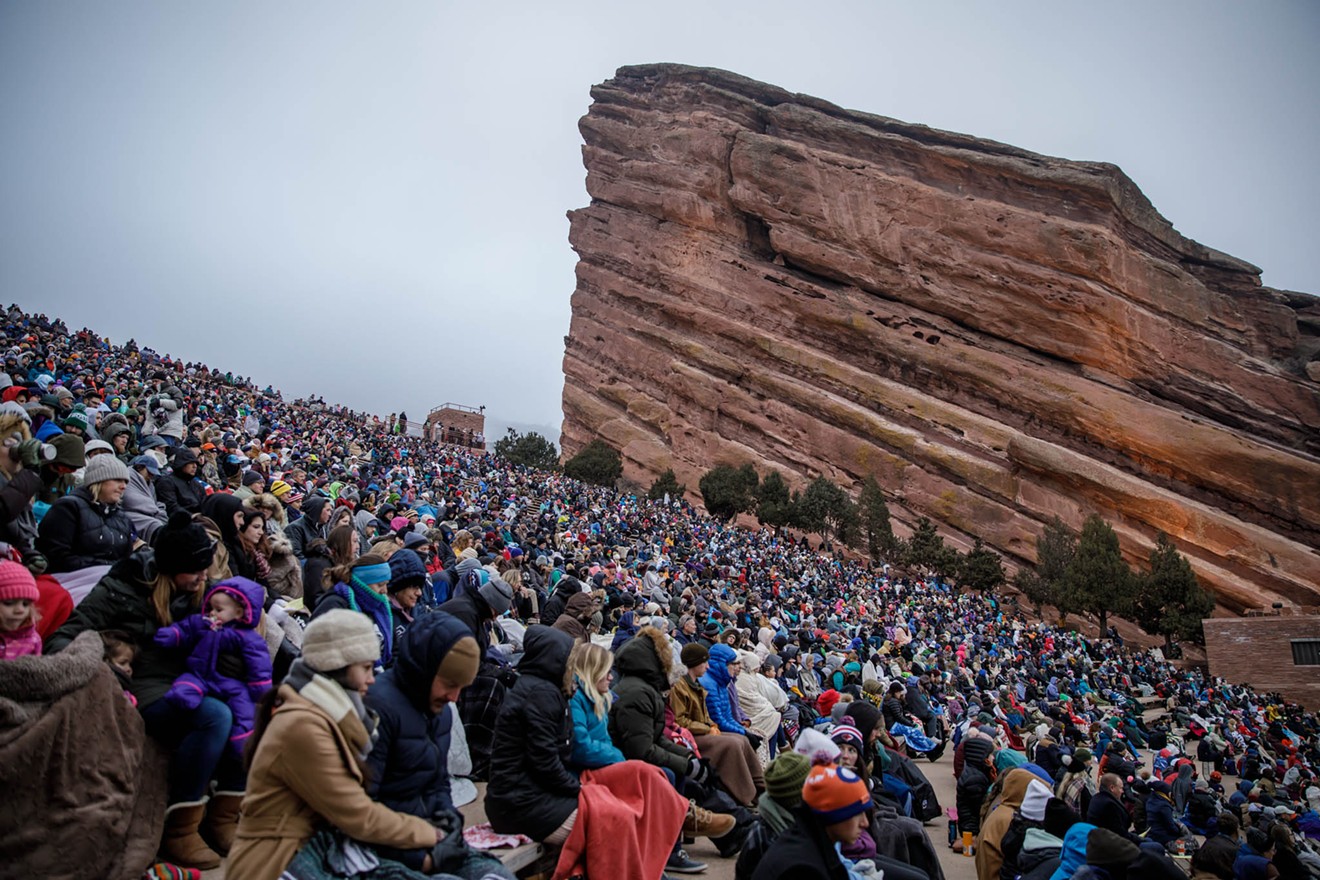The conference draws government, music industry, academic and nonprofit leaders from around the world to explore the relationship between music and urban life.
The inaugural Music Cities Convention was held in Brighton, England, in 2015; Denver organizations got involved shortly thereafter. The music education nonprofit Youth on Record presented in Washington, D.C., in 2015; Lisa Gedgaudas of Denver Arts & Venues, the city agency that oversees cultural activities, was there too.
In 2017, the Bohemian Foundation-funded Fort Collins Music District presented its work, fostering that city’s music economy at the conference in Memphis. And Arts & Venues has continued to have a presence at multiple conventions, including the most recent April event in Chengdu, China, which drew around 500 attendees and 18 nationalities.
Around four years ago, Gloor, who teaches in CU Denver’s Music and Entertainment Industry Studies program in the College of Arts and Media, was inspired to start looking into the idea of music cities after hearing a presentation at South by Southwest by Shain Shapiro, founder of Sound Diplomacy, the organization that produces the Music Cities Convention. Shapiro spoke about city governments and the importance of fostering healthy and thriving music communities.

Storm Gloor (right) with students from his Music Cities class at the Music Cities Convention in Lafayette, Louisiana last year.
Courtesy of Storm Gloor
“In reading Shain’s research and learning all about it and talking to folks here in Denver, I realized we had a lot of assets here — that, based on his work and from what I was hearing, we had a pretty solid music city,” Gloor says. “I wanted, at a very high level, to be sure that our students at CU Denver were aware of what we’ve got going here. And I was hoping they would be involved in the future of our music economy.”
Last October, Gloor took three of his students to the Music Cities Convention in Lafayette, Louisiana, to talk about a project they had worked on with the City of Arvada to recognize “some opportunities they might have to build their creative economy,” Gloor says. “We focused, of course, on music, and we saw how it could help artists in general.”
Back home, Gloor has also been a major collaborator in the creation of the Denver Music Strategy, a plan to turn the music industry into an even stronger economic driver. With a thriving live-music industry, Red Rocks Amphitheatre and innovative nonprofits like the Music District and Youth on Record, the region already has plenty to boast about.
When the Music Cities Convention comes to Denver next year, it will take place at the McNichols Building over several days — but there will be trips to Red Rocks and to the Music District in Fort Collins, where participants will learn more about the Bohemian Foundation-funded initiatives that have turned that college town into a music destination, explains Gedgaudas.
The conference will look at “how music informs policy, planning, community development, tourism and branding,” she says. “It’s really kind of just getting our peers in the room to talk about strengths and challenges. Every city is different. It’s fun to kind of pull back the curtain on places that are ahead in some ways but also have been pushed up against a lot of challenges because of that.
“I think it’s going to be really exciting to actually have people that have been hearing about what we’re doing here experience it,” she adds. “And I do think this is the kind of thing that helps people really digest a city and understand where we’re coming from. And getting that exposure to other countries and other music cities — that just builds better alliances, too.”












